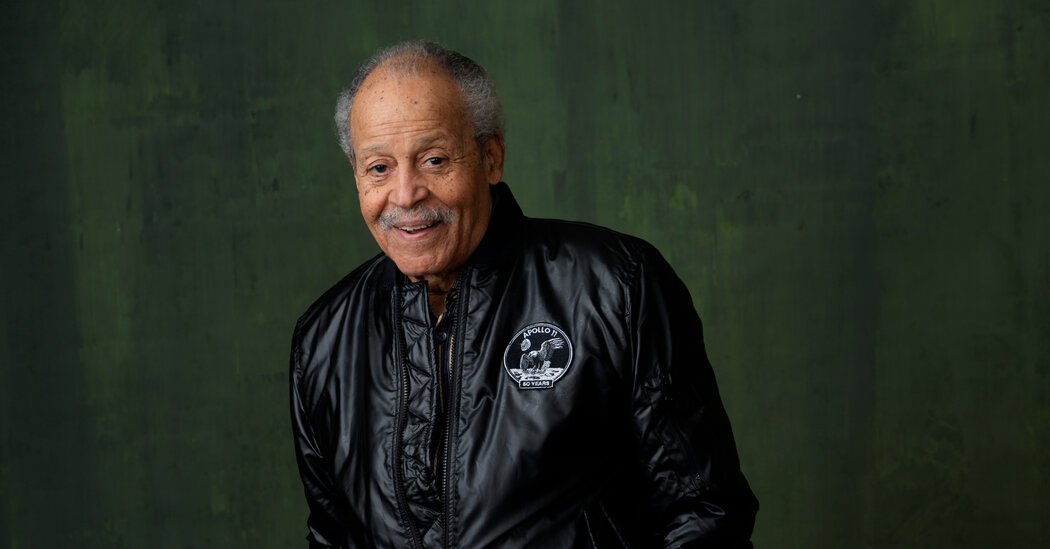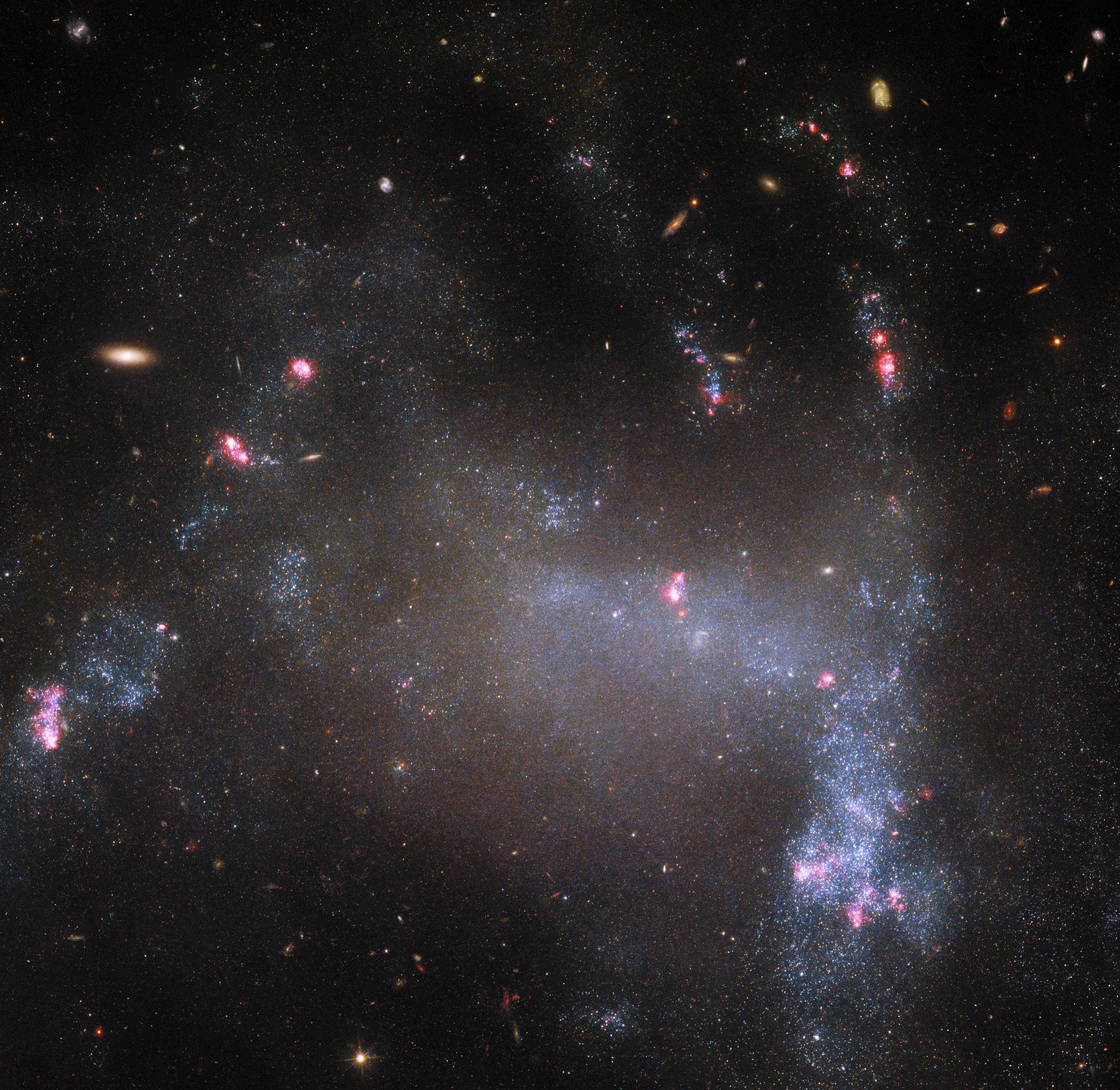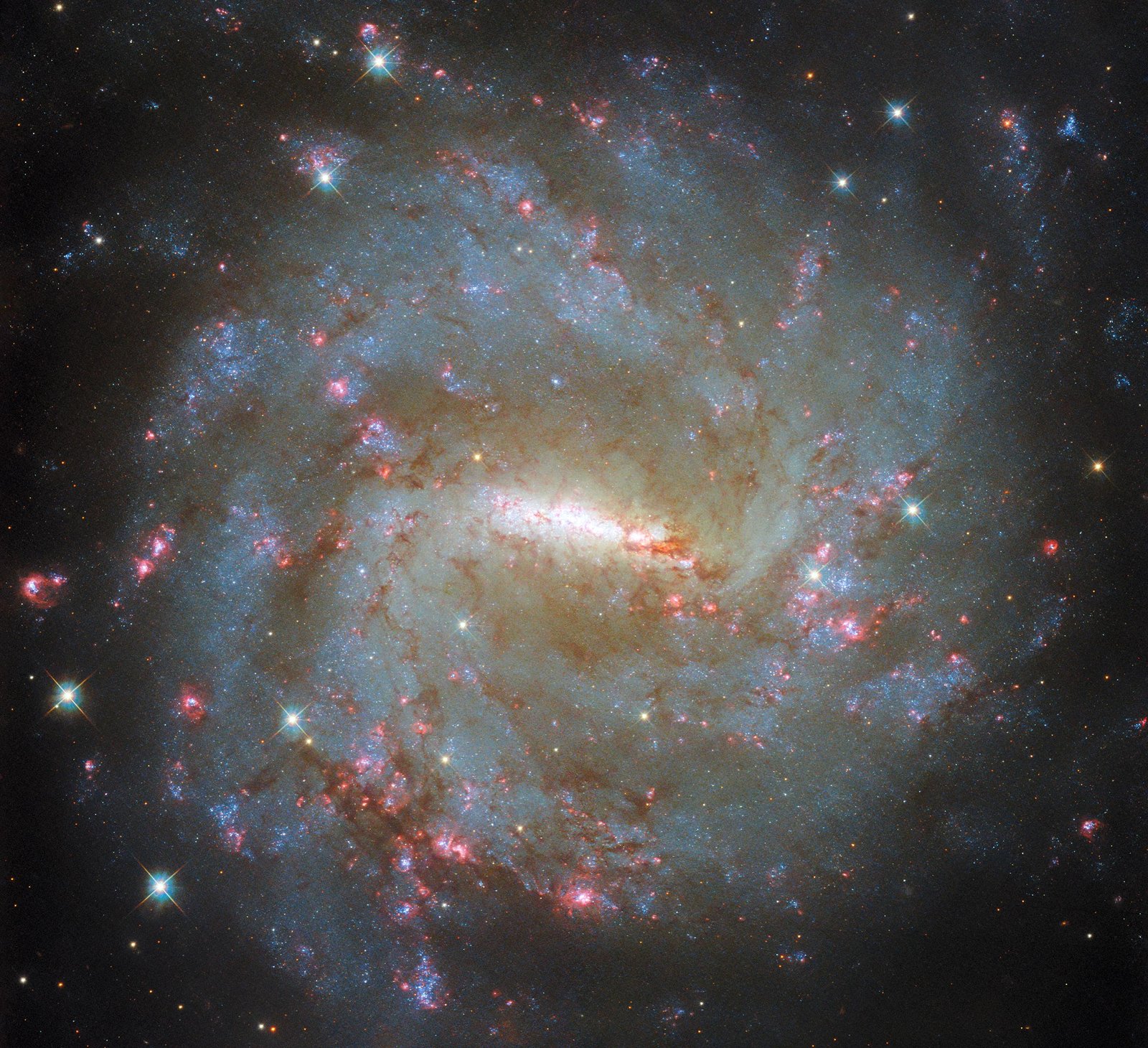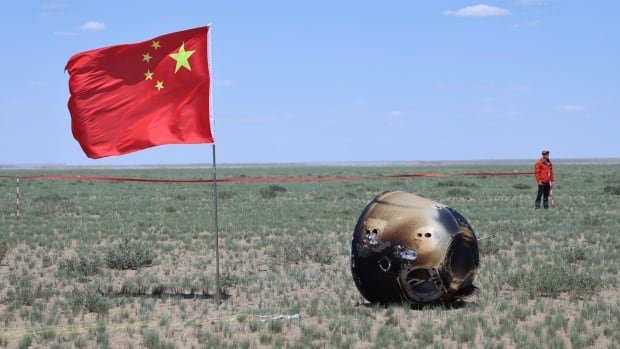More than 60 years after Edward Dwight was chosen to be the first Black astronaut, only to see his place in the history of space exploration taken and deferred by the specter of racism and politics, he went to space on Sunday morning.
After landing, at the end of a flight that lasted 9 minutes and 53 seconds, Mr. Dwight stood on the steps outside the door of the crew capsule, raised his arms in the air and said, “Long time coming.”
Minutes later, standing outside the capsule, he said that the flight had been “life-changing.” He admitted that he had been saying, earlier in the day, that he didn’t need the flight in his life. “But I lied,” he said.
Mr. Dwight, 90, was one of six people on board the Blue Origin spaceflight of the New Shepard rocket that launched on Sunday morning from a private launch site near Van Horn, Texas. The flight made him the oldest person to ever go to space; he surpassed the actor William Shatner.

After Mr. Dwight, who is now a sculptor, was selected for the Blue Origin flight, he told The New York Times that finally making it to space was not justice, but something that should have happened at some point.
“My whole life has been about getting things done,” Mr. Dwight said. “This is the culmination.”
The idea of sending Mr. Dwight to space gained support in 1961, amid a White House campaign to diversify the country’s space program. Mr. Dwight, a charismatic and handsome pilot, was then selected for the astronaut training program. He had the support of President John F. Kennedy and was championed by the Black press, but numerous obstacles blocked him from reaching space.
Chuck Yeager, who ran the Aerospace Research Pilot School at Edwards Air Force Base in California, considered Mr. Dwight an average pilot who had been selected to be part of the program for political reasons. Mr. Dwight has said that racism could have been the reason that General Yeager discriminated against him and wanted him removed. General Yeager graduated Mr. Dwight from the program, but he was not selected to be an astronaut.
After Mr. Kennedy was assassinated in 1963, support for Mr. Dwight’s role in the space program seemed to fade away and, in 1966, he left the Air Force.
Mr. Dwight went on to become a successful restaurateur, a real estate developer and a celebrated artist, whose specialty is sculpting prominent Black-history figures.
It would not be until 1983 that the United States would send a Black astronaut to space, Lt. Col. Guion S. Bluford Jr.
After all those years, Mr. Dwight finally made it to space on Sunday while traveling aboard the New Shepard rocket.
It was the seventh human flight for Blue Origin, the space company founded by Jeff Bezos. The other passengers were Mason Angel, the founder of Industrious Ventures, a venture capital fund; Sylvain Chiron, founder of the Brasserie du Mont-Blanc, a craft brewery in France; Kenneth L. Hess, a software engineer and entrepreneur; Gopi Thotakura, a pilot; and Carol Schaller, a retired C.P.A. who was told she would go blind in 2017 and began traveling extensively to places including the South Pole and the Mount Everest base camp.
The rocket took off at 9:35 a.m. Central time and landed back on Earth within 10 minutes. The capsule carrying the human passengers landed separately shortly after, at 9:45 a.m. Only two of its three parachutes deployed, but this did not cause any serious problems for the landing.
The capsule door opened around 10 a.m. Mr. Dwight stood outside and said that he was “ecstatic.”
Mr. Dwight said, “Everybody needs to do this.”










